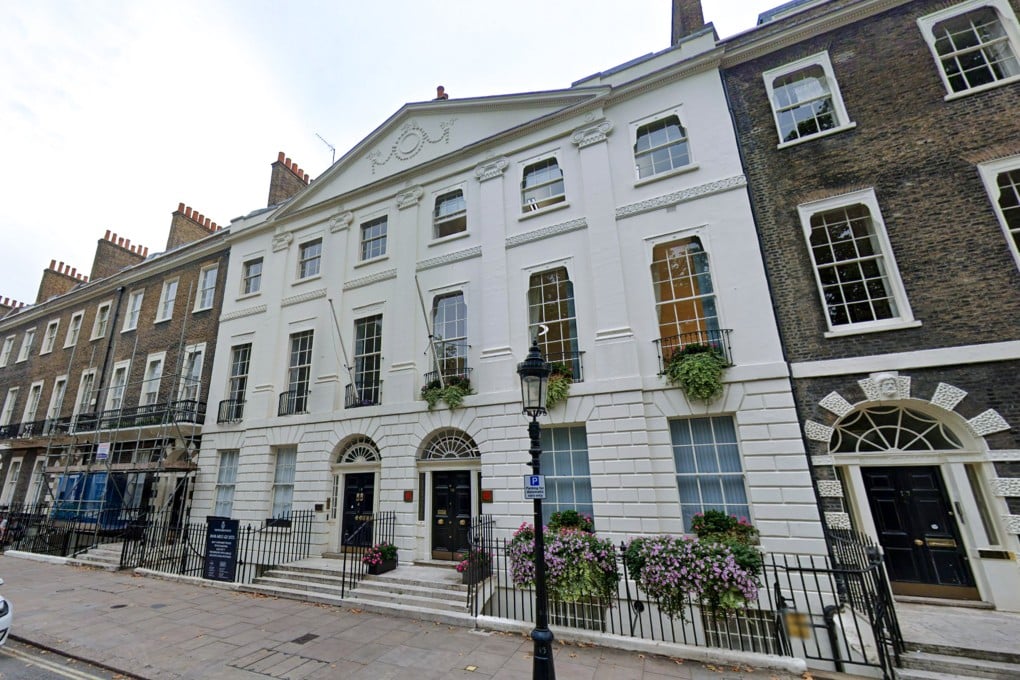UK move to prosecute 3 for allegedly spying for Hong Kong will sour ties between Britain and China, experts say
- International relations expert Wilson Chan says it should be first time for Hong Kong Economic and Trade Office officer to be charged under UK’s National Security Act
- Lau Siu-kai, a consultant for semi-official Beijing think tank, says incident might trigger a new diplomatic row and worsen Sino-British relations

Britain’s move to charge a Hong Kong public officer and two other men with spying will sour the United Kingdom’s ties with China and might put the future of the city’s foreign trade offices in jeopardy, analysts have said.
Bill Yuen Chung-biu, an office manager of the Hong Kong Economic and Trade Office in London, Peter Wai Chi-leung and Matthew Trickett were granted bail by Westminster Magistrates’ Court in London on Monday after being charged with two offences under the National Security Act, passed last year to target threats from foreign states.
The trio were prosecuted for assisting a foreign intelligence service and foreign interference over allegations they carried out surveillance against local activists now living in Britain.
The involvement of Yuen in the case sparked fears it might prompt hawkish elements in other countries to push their governments to review the role of Hong Kong trade promotion offices they hosted.
Lau Siu-kai, a consultant for the semi-official Beijing think tank, the Chinese Association of Hong Kong and Macau Studies, said the incident could trigger a new diplomatic row and worsen Sino-British relations.
“It is indeed reasonable for the Hong Kong authorities to look into the anti-China activists,” he said.
“Britain might want to demonstrate their responsibilities in protecting these anti-China activists now settled in the country, but is this so-called information really that significant which could threaten its national security?”
